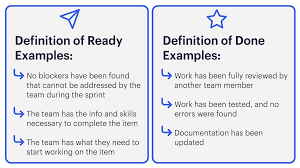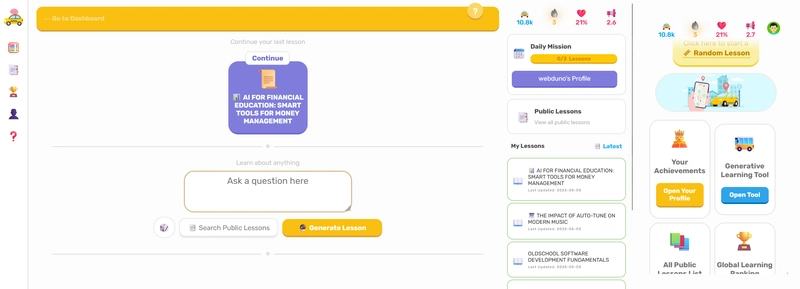By Abdullah Zaheer
Posted on 15-04-2025

Introduction
If you're a developer, you've probably heard of Docker—the tool that revolutionized how we build, ship, and run applications. Docker simplifies dependency management, ensures consistency across environments, and speeds up development workflows.
In this guide, we'll cover the basics of Docker, explain key concepts, and walk through setting up your first containerized application.
What is Docker?
Docker is an open-source platform that allows you to automate the deployment of applications inside lightweight, portable containers. Unlike traditional virtual machines (VMs), Docker containers share the host OS kernel, making them faster and more efficient.
Key Docker Concepts
Images – Blueprints for containers (e.g., nginx, python:3.9).
Containers – Runnable instances of images.
Dockerfile – A script to build custom images.
Docker Hub – A registry for public/private Docker images.
Volumes – Persistent storage for containers.
Installing Docker
Before diving in, install Docker on your system:
Windows/macOS: Download Docker Desktop
Linux: Use package manager (e.g., sudo apt install docker.io on Ubuntu)
Verify installation:

Running Your First Container
Let’s pull and run an Nginx web server:

-d → Run in detached mode (background)
-p 8080:80 → Map host port 8080 to container port 80
--name → Assign a name to the container
Open http://localhost:8080 in your browser—you should see the Nginx welcome page!
Creating a Custom Docker Image
Let’s containerize a simple Python app.
1.Project Structure

2.app.py

3.Dockerfile

4.Build & Run

Visit http://localhost:5000 to see your app running!
Why Use Docker?
✅ Consistency – Works the same everywhere ("It works on my machine" solved!)
✅ Isolation – No conflicts between dependencies
✅ Scalability – Easily deploy microservices
✅ CI/CD Friendly – Great for DevOps pipelines
Next Steps
Learn about Docker Compose for multi-container apps
Explore Docker Volumes for persistent data
Deploy containers to the cloud (AWS ECS, Kubernetes)
Conclusion
Docker is a powerful tool that simplifies development and deployment. By containerizing applications, you ensure consistency, improve collaboration, and streamline workflows.
Have questions? Drop them in the comments below! 🚀
Happy Dockerizing!
Further Reading
Official Docker Documentation
Docker Hub
Best Practices for Dockerfiles



